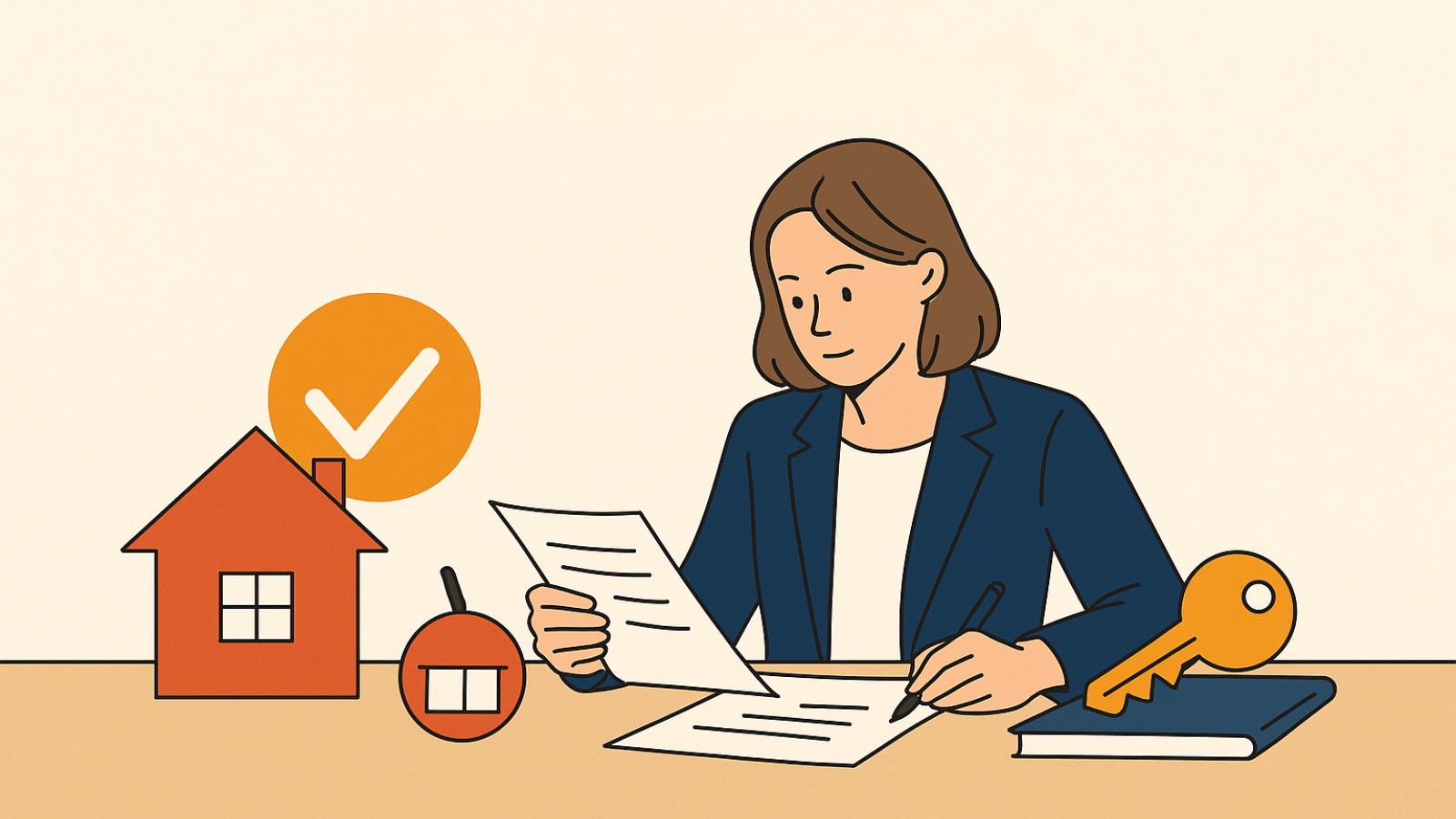What Actually Happens After You Complete on a Property?

For most buyers, completion day feels like the end of the journey.
The funds have been transferred. The keys have been handed over. The moving van has arrived. You finally walk through the front door of your new home. Understandably, most people think that’s it; the legal work is done.
But here’s the part many don’t realise: the legal process doesn’t stop on completion day.
As a solicitor, my work continues behind the scenes long after the boxes have been unpacked. If it is not done properly, it can lead to serious issues later on.
This is the part no one sees, but it matters more than most people think.
What Should Happen After Completion
A good solicitor doesn’t down tools the moment funds arrive. They get to work on what’s next:
1. Stamp Duty
The SDLT return must be filed within 15 days for properties in the UK and 3o days for properties in Wales. Although this may seem straightforward, you would be surprised at how many firms leave this until the last minute or miss deadlines altogether. Fines and interest soon follow.
2. Land Registry
Your name and your lender’s charge must be formally registered. If this doesn’t occur correctly, or worse, doesn’t happen at all, you are left in legal limbo. I’ve seen clients come to me years later trying to sell, only to discover they were never registered as the legal owner.
3. Notices to Freeholders and Management Companies
For leasehold properties, multiple post-completion notices and fees are often required. Miss one, and you risk breaching lease conditions and delays, fines, and complications when you wish to sell.
These tasks aren’t just additional steps. They’re critical parts of the process that can significantly impact your property ownership.
What Happens When It’s Not Done Properly? The consequences can be severe.
This is where the cracks appear, months or even years later.
I’ve had clients approach me to sell a flat only to discover that their previous solicitor never registered the lease extension with the Land Registry. Worse still, the sale from five years ago was never registered, meaning they don’t legally own the property they’ve been living in.
I’ve observed properties with incorrect floor levels listed in the title, missing deeds, stamp duty errors, and no notices served to managing agents.
In each of these instances, the original solicitor had long since moved on. Phones were unanswered, and there was no accountability. The client was left to resolve a problem they were unaware of.
This is the danger of working with firms that treat conveyancing like a conveyor belt, just another file, another fee, another “job done.”
The Rachel Watts Law Approach
For me, completion day isn’t the end, it’s the beginning of the final stage. At Rachel Watts Law, we believe in a comprehensive approach to post-completion legal work.
Your file isn’t closed until everything is correctly filed, registered, notified, and complete, not just in theory but in practice.
”Thank you very much to you and Rachel on the purchase of the house. It has taken a lot of work being a leasehold, but much appreciated for sorting everything out for me.” - Gowtham
You won’t be left chasing updates, wondering if your title was ever registered or whether your paperwork was filed correctly. I ensure that. That’s the standard I hold myself to.
Because clients deserve better than a firm that goes quiet once the fee has cleared.
Final Thought
If you’re working with a solicitor who views completion as the finish line, enquire about what happens afterwards. What follows the handover of the keys is equally important.
Good conveyancing doesn’t stop at the door. It sees the whole process through.
And I do.
If you would like to discuss a current transaction or seek advice on a file that has fallen through the cracks, please get in touch.